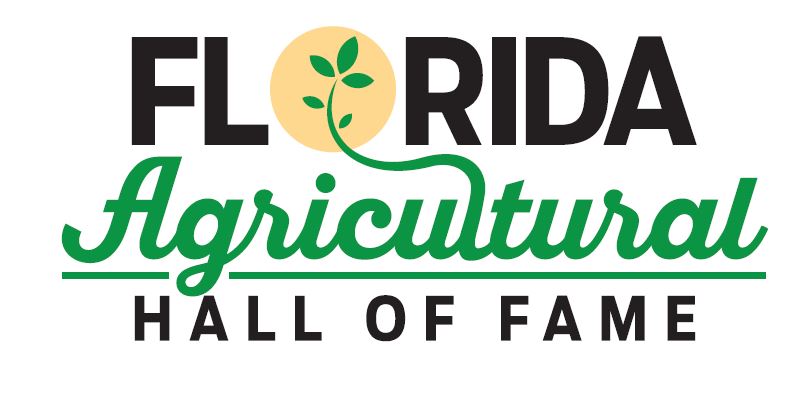
Dr. Paul Lyrene is a world-renowned plant breeder who has dedicated his career to the development of early ripening, high-quality blueberry cultivars that are productive in Florida’s humid, subtropical climate. His work has been critical to the development of the Florida blueberry industry. As University of Florida horticulture professor Dr. Jeff Williamson says, “The Florida blueberry industry quite simply would not exist today if not for Dr. Lyrene’s work.”
Born in 1946, Lyrene grew up on a small farm in Fairhope, Alabama, where his parents made a living selling hatching eggs. They also raised cattle, grew pecans and tung-nuts, and harvested timber. As a child, Lyrene was always interested in plants. In high school he became fascinated by the work of famed plant breeder Luther Burbank, who developed the Burbank potato, the Santa Rosa plum, and the Shasta daisy in the early 1900s.
Lyrene graduated from Auburn University in 1968 with a bachelor’s degree in botany. He went on to study plant breeding and work as a student assistant in the oats breeding program at the University of Wisconsin, where he earned a master’s degree in 1970. He was drafted into the Army and served from 1970 to 1972. He earned a doctorate in plant breeding from the University of Wisconsin in 1974.
Following graduation, he got a job at the University of Florida’s Everglades Experiment Station in Belle Glade, breeding sugarcane. In 1977 he moved to Gainesville to head up UF’s blueberry breeding program. Over the course of the next 32 years, he developed and patented 23 named varieties of blueberries. Eight other numbered varieties are currently pending release as named varieties that will also be patented.
Lyrene’s new blueberry varieties had many desirable characteristics. He bred varieties that produce fruit three to four weeks earlier than other varieties (when the market price is higher), that are disease resistant and live longer, that yield more, that have bigger, better-tasting fruit, and that bear firmer, crisper fruit that ships better and has a longer shelf life. He also focused on “low-chill” varieties that that don’t need much cold weather in order to flower and fruit.
Lyrene’s emphasis on low-chill and early ripening characteristics has given Florida growers the opportunity to produce berries at a time of year when they can’t be grown anywhere else in the country. This means there is more demand for Florida blueberries and growers can sell them at a better price.
“While it is possible to grow blueberries in Florida without using Dr. Lyrene’s varieties, it is not economically feasible,” William Braswell, president of the Florida Blueberry Growers Association, explains. “Our climate is too warm and variable to fulfill the chilling requirement of most varieties. With low-chill varieties we can produce a consistent crop in Florida, and with the addition of early ripening characteristics we can fill a global void in blueberry production.”
Florida is now home to a thriving commercial blueberry industry that relies almost exclusively on cultivars released by Lyrene’s breeding program. In the mid-1980s there were only a few hundred acres of blueberries being grown in Florida, but now there are over 4,000. Thanks in large part to the improved varieties bred by Dr. Lyrene, farm-gate sales of blueberries in Florida have increased from less than $500,000 in the 1980s to over $65 million in 2009. Florida is now one of the biggest blueberry-growing states in the country, second only to Michigan.
Lyrene taught college courses in plant breeding, agricultural meteorology, and plant propagation. He has written a book and numerous technical articles on growing and breeding blueberries.
Lyrene is a member of the American Society for Horticultural Science, the American Pomological Society, the Florida State Horticulture Society, the American Association for the Advancement of Science, the Florida Native Plant Society, and the Florida Blueberry Growers Association. In 2009 he received the Wilder Medal, which is the highest honor awarded by the American Pomological Society for contributions in fruit genetics and breeding. He received the University of Florida Gamma Sigma Delta Senior Research Award in 2007.
Paul Lyrene retired from the University of Florida in 2009. He and his wife Irma live in Micanopy. He has a daughter, Emily.
